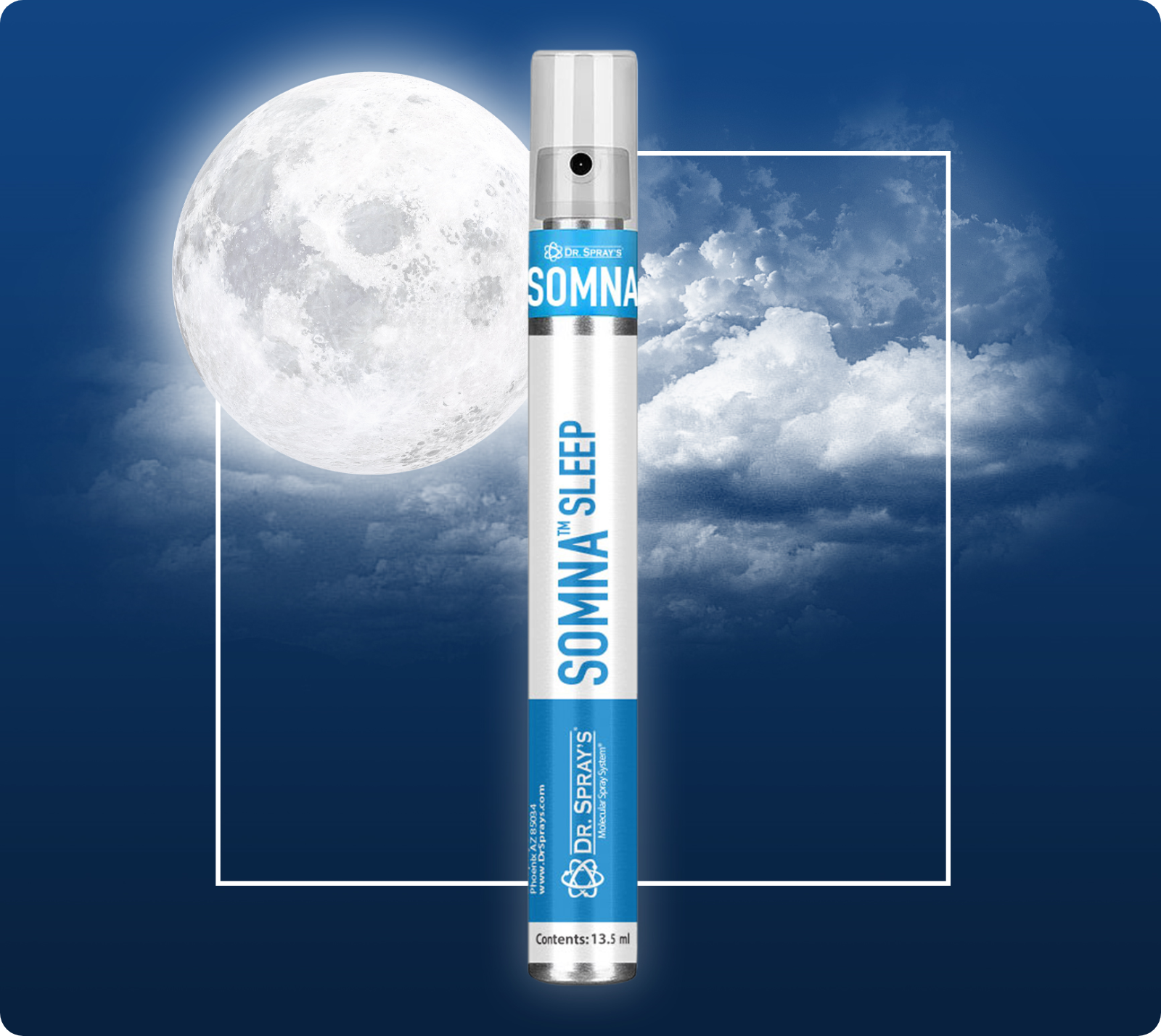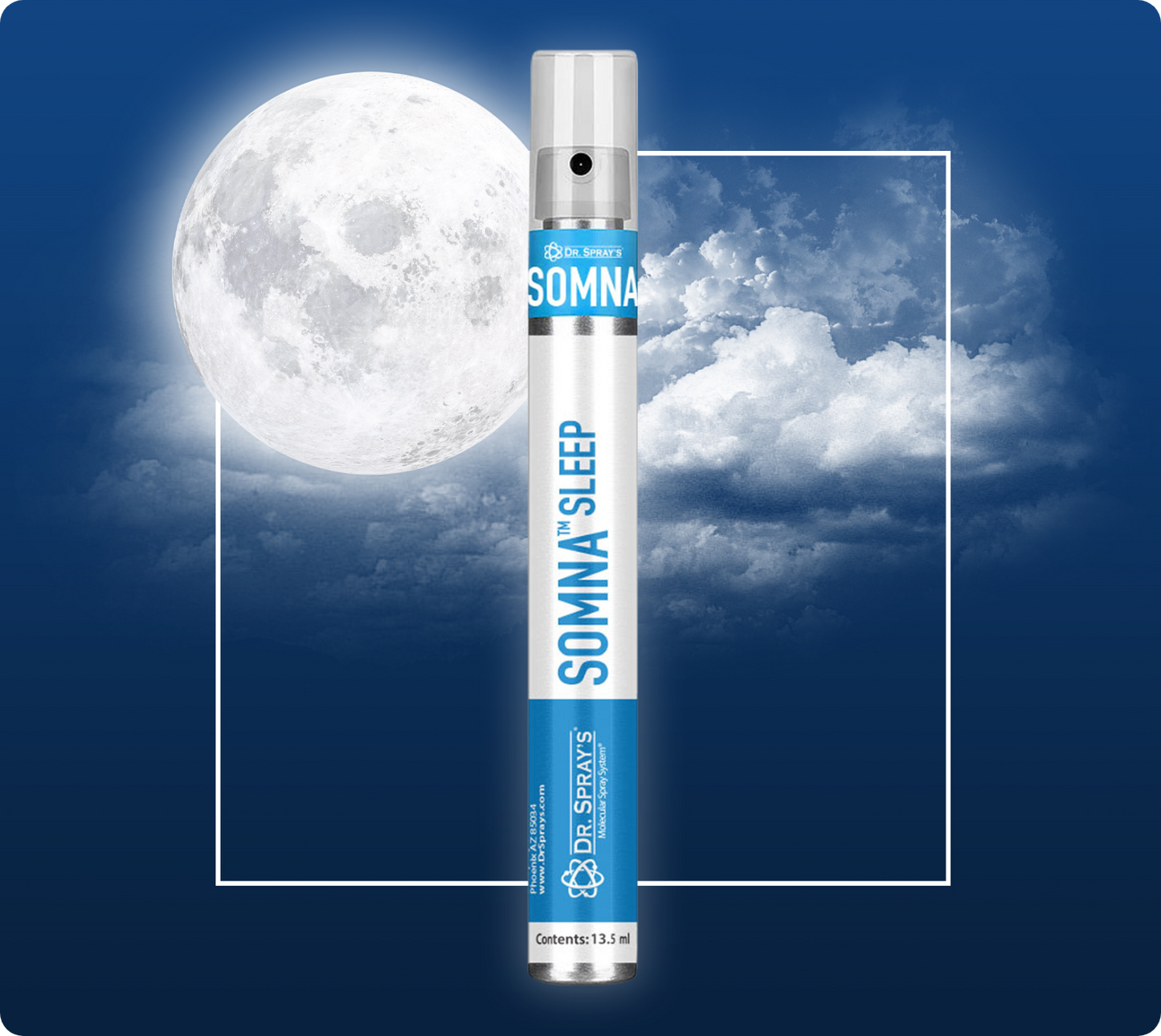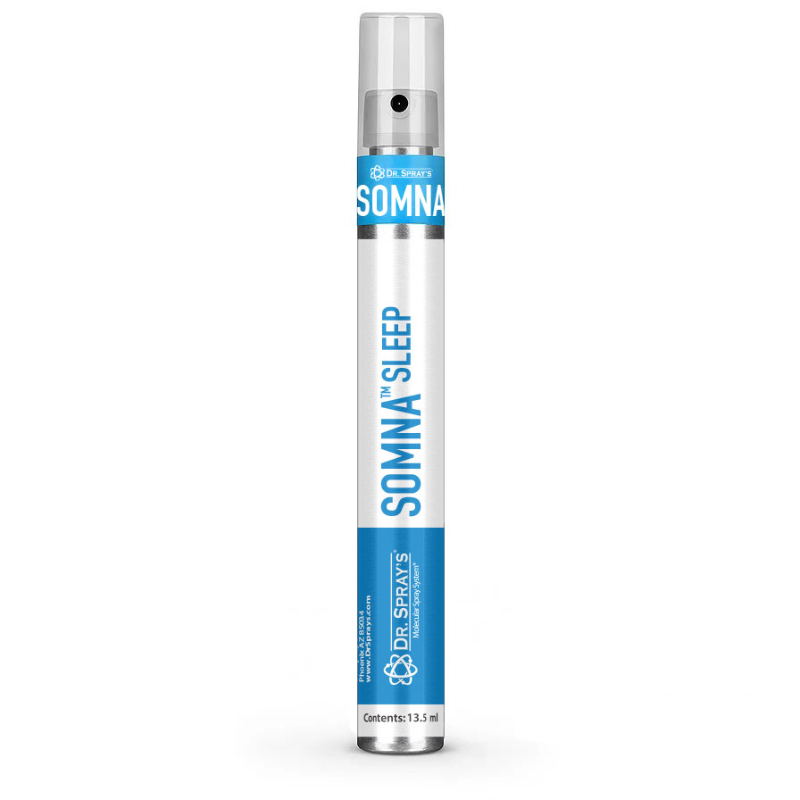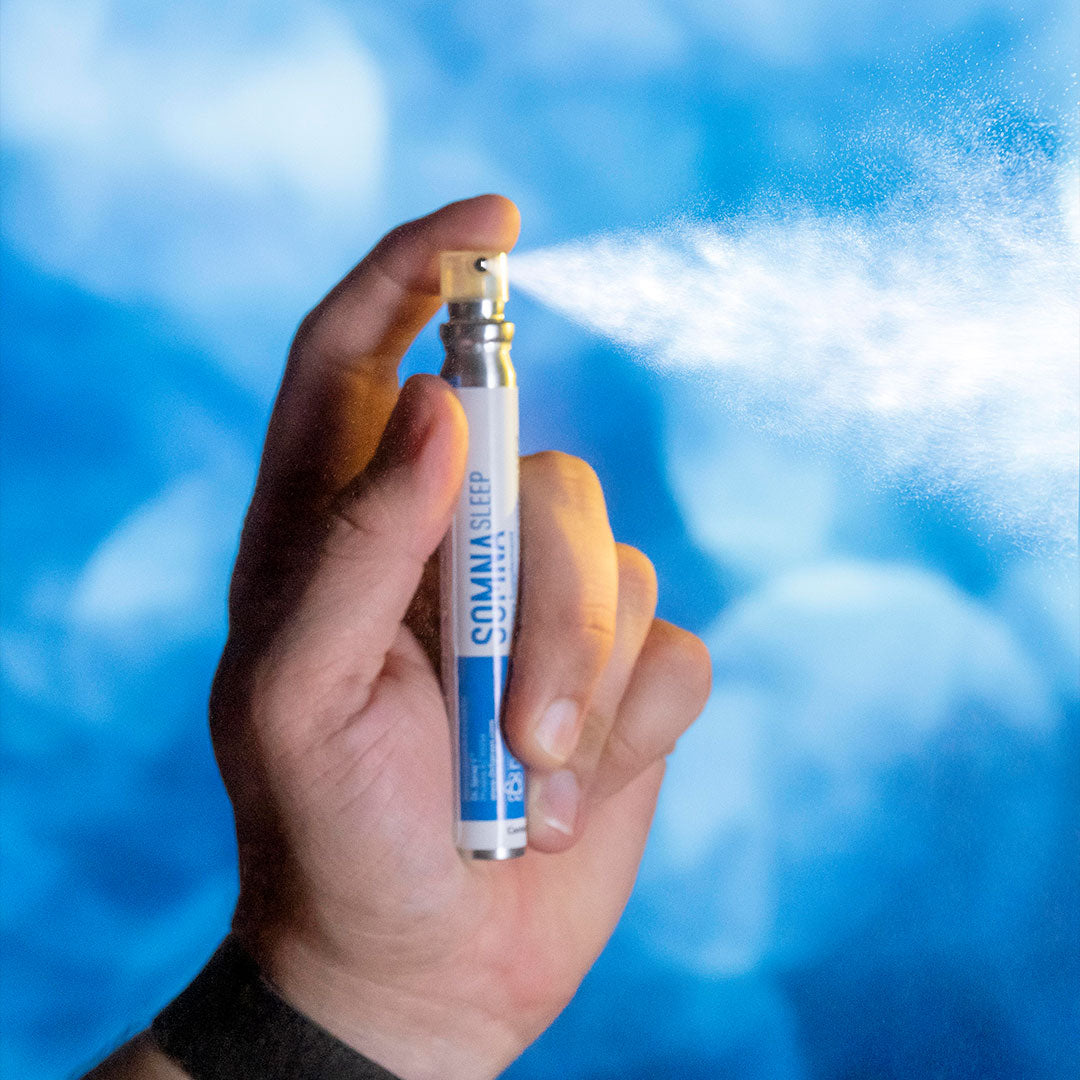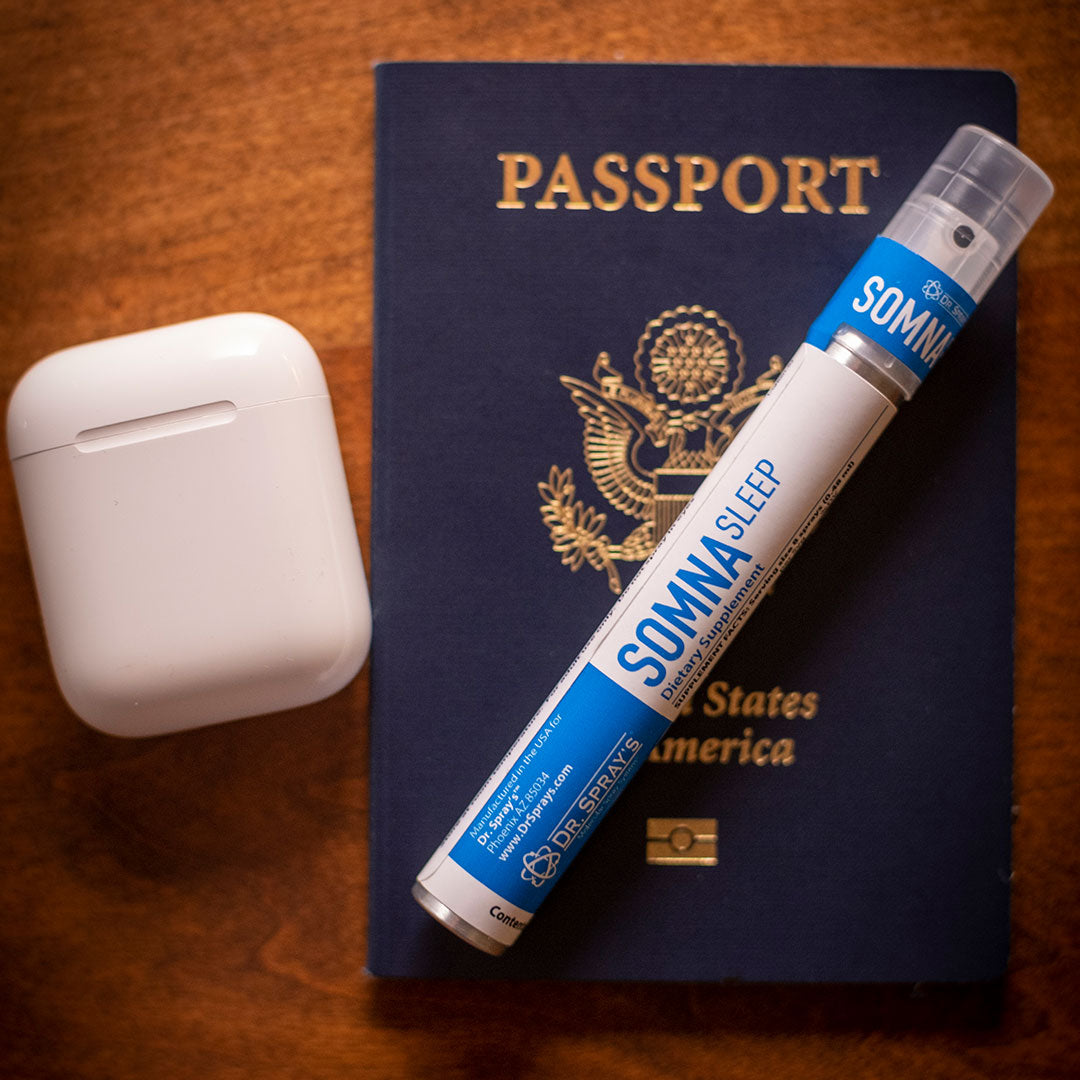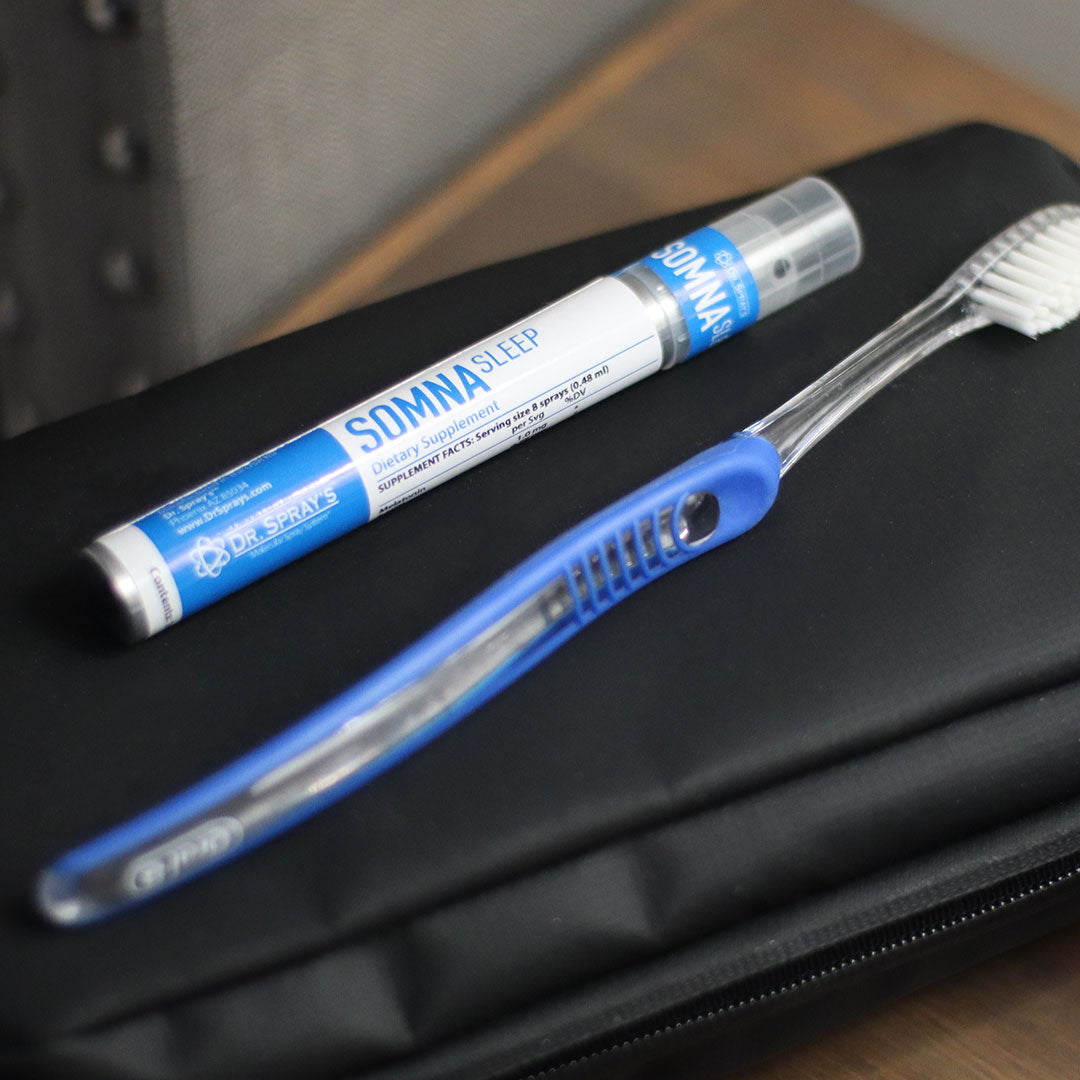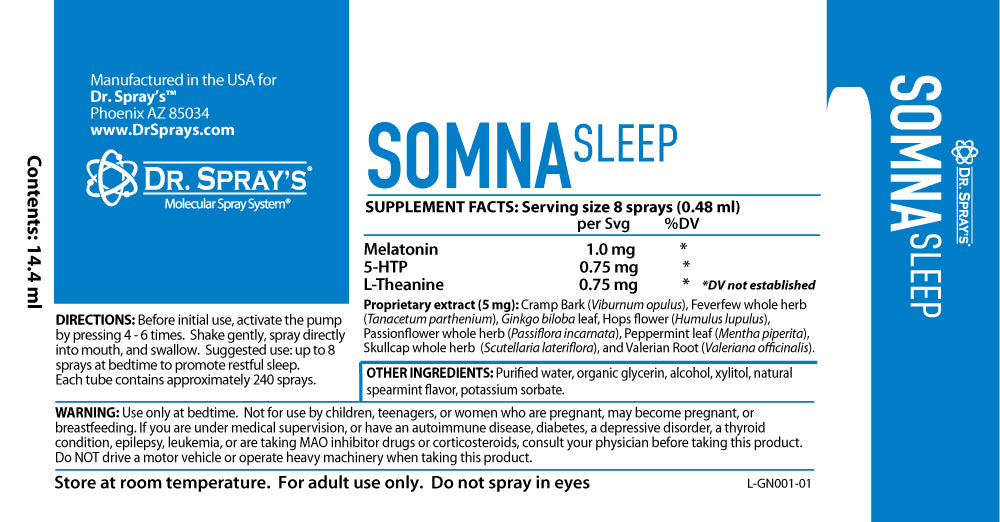It can be difficult to get a good night's sleep when you have Parkinson's disease. Some common sleep problems include insomnia, nighttime restlessness, and daytime sleepiness. Fortunately, there are some things you can do to get better sleep. Here are a few tips:
Set a regular sleep schedule. Your body will adjust better to a set bedtime and wake time. Try to go to bed and get up at the same time every day, even on weekends.
Create a relaxing bedtime routine. Do things that help you relax before bed, such as reading or taking a bath. Avoid watching television or working on the computer in the hours leading up to sleep.
Exercise during the day. Physical activity can help you sleep better at night. Just be sure to avoid exercising too close to bedtime, as this can actually keep you awake.
stick to a routine and relax before going to bed.
1. Melatonin
Melatonin is a hormone that helps regulate sleep. Your body produces it naturally, but levels can drop as you get older. Taking a melatonin supplement could help you fall asleep and stay asleep through the night. Research suggests it may be especially helpful if you have Parkinson's disease. One study found that taking 3 mg of melatonin before bedtime improved sleep in people with Parkinson's. The supplement also helped reduce daytime sleepiness and improve quality of life. Melatonin is generally considered safe, but it can cause stomach upset, headaches, and dizziness in some people. It can also interact with certain medications. Talk to your doctor before taking melatonin or any other supplement.
2. CBD
CBD is a cannabinoid compound found in marijuana and hemp plants. Unlike THC, CBD doesn't have psychoactive effects. That means it won't make you feel high. CBD oil is available in various forms, including gummies, capsules, tinctures, and topical creams. It's also sold as an oil that you can vaporize or smoke. Some people use CBD to relieve pain, anxiety, and other medical conditions. Research on CBD and sleep is in its early stages, but some studies suggest that the compound could help improve sleep quality. One study of 72 adults with anxiety found that taking 25 mg of CBD per day improved sleep quality and reduced anxiety levels. CBD is generally considered safe, but it can cause side effects like dry mouth, diarrhea, and fatigue in some people.
3. Herbal Tea
Chamomile, lavender, and lemon balm are just a few of the herbs traditionally used to promote relaxation and sleep. Research suggests they may be effective. A 2014 study of postpartum women found that drinking herbal tea increased self-reported rates of sleep by nearly 60%. The participants also reported feeling less anxious and more rested during the day. You can find herbal tea blends containing these and other sleep-promoting herbs online and in most grocery stores.


